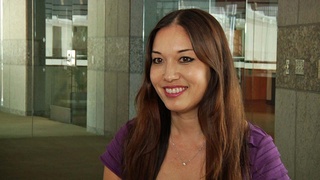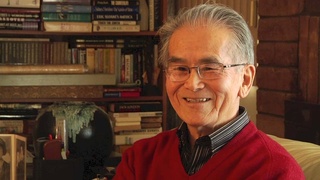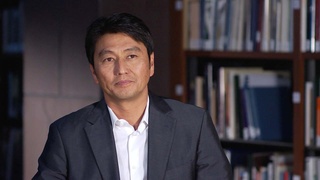Interviews
Asian American Lawyers as Victims of “Overt Racial Discrimination”
And then, the same thing with lawyers, in those days, the only lawyers I knew were Japanese lawyers and Chinese lawyers. Japanese lawyers, all of them, had their offices in Little Tokyo, and all the Chinese lawyers had their office in Chinatown. And their clientele was exclusively, almost exclusively with that same ethnic group. Most of them had small general practices, and I know the Chinese lawyers. I got to know a couple of them later, and some of them had a pretty busy immigration practice, but still, their practice was confined to the local ethnic community.
There were a few, very few Japanese American lawyers who were in government service, but again, not that many. Usually state or county government, city government. But I would say just very, very, few- not too many around in those days because it was still a time of quite, at least in the business community, very overt racial discrimination.
Date: July 2, 2014
Location: California, US
Interviewer: Sakura Kato
Contributed by: Watase Media Arts Center, Japanese American National Museum; Japanese American Bar Association












